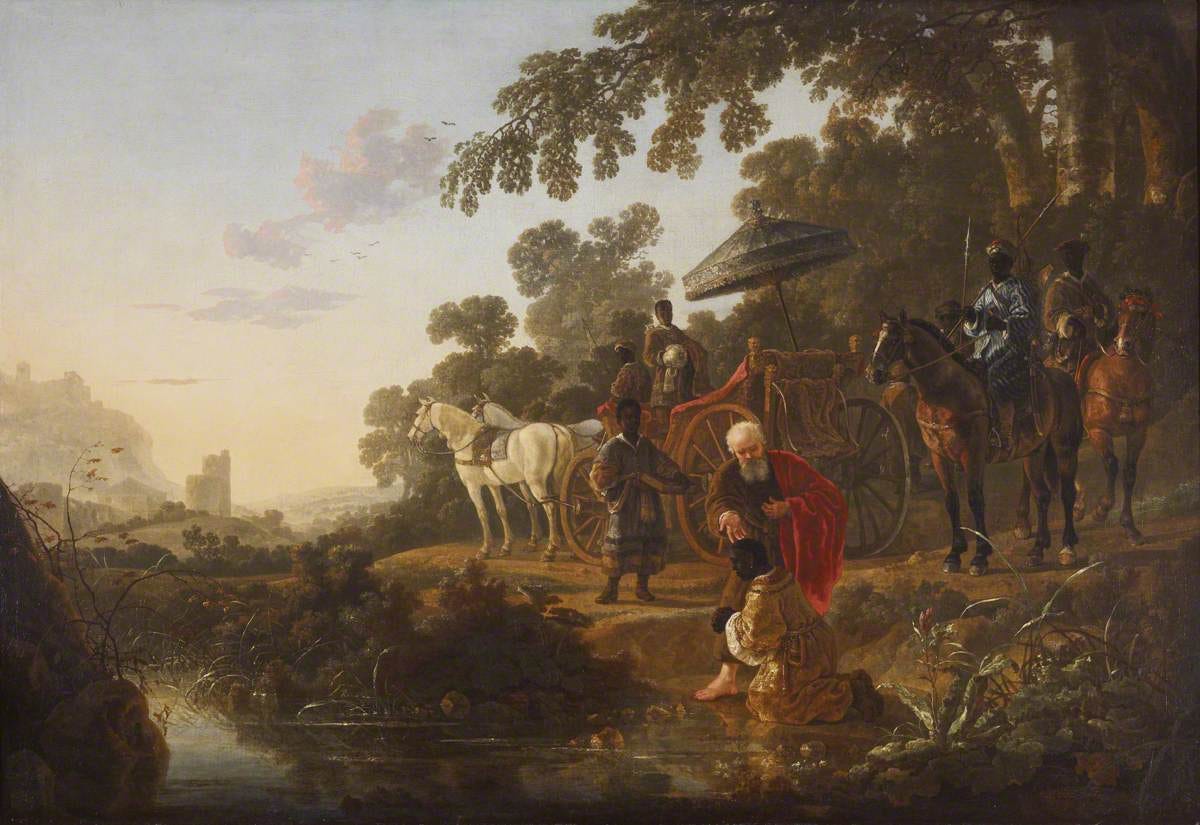Tale of Ethiopian eunuch is one of radical inclusivity
Author of Acts shows that absolutely anyone was invited to join the early Christian movement

My typical source for Sunday morning inspiration comes from attending church with family and friends from my neighborhood, but yesterday it came from an unexpected place: an article in the Washington Post.
The article told the story of sma…


